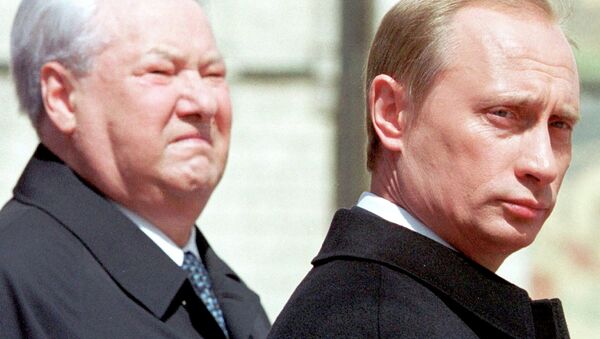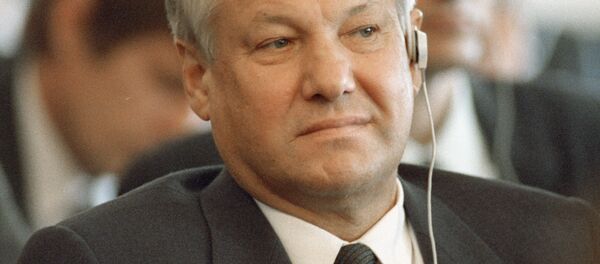Elected by popular vote in June 1991, Yeltsin succeeded Mikhail Gorbachev, who resigned on December 25, and began implementing drastic reforms to enable a transition from socialism to a free market economy.
Two years into his term, Yeltsin disbanded the Soviet parliament and adopted a new constitution after a referendum held on December 12, 1993. By the decade's end, the war in Chechnya, growing foreign debt, the ruble's collapse and a number of other issues took their toll on Yeltsin, who was suffering from heart disease and alcohol abuse.
In an unexpected turn of events, Yeltsin announced his resignation in a televised address on December 31, 1999. Then-Prime Minister Vladimir Putin took over as acting president, signing a decree the same day guaranteeing Yeltsin immunity from prosecution, as well as extending significant financial benefits to him and his family.
Yeltsin died of heart failure on April 23, 2007 at the age of 76 after a quiet retirement and a life out of the public eye. He is survived by his widow, Naina, and two daughters.



